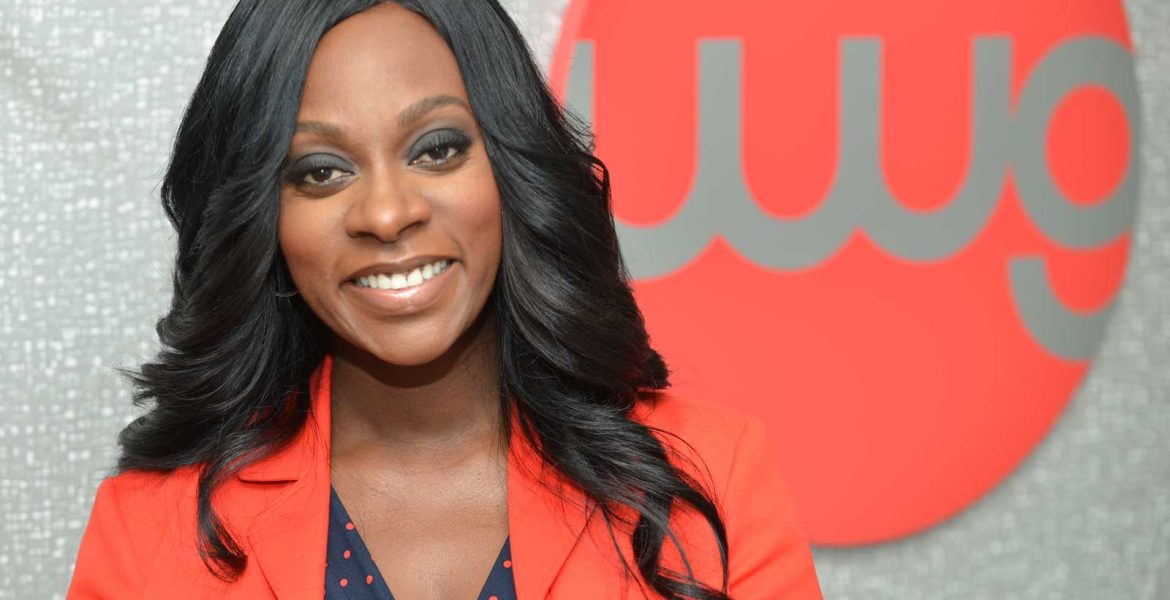At UWG, we seek to impact the very definition of culture. Effective marketing communication today must be culturally authentic, and cultural market segmentation can no longer be just about race.
Our agency views the world through a lens made sharper by our expertise in identifying the forces that bring consumers together, while specializing in the cultural nuances that make them distinct.
We call this predominantly psychographic segmentation “UniCulture.”
The UniCulture perspective allows our work to be understood by all, while authentically resonating with a few. We don’t just talk to everybody, we talk to somebody.
As chair of an agency that was founded at the onset of multicultural marketing, I welcomed the task of evolving our thinking into a space where we discover all the ways that an individual can be “multicultural” and to use that expertise to create messaging with more profound impact.
We’ve found that psychographics — segmentation based on consumer personality traits, values, attitudes, interests, and lifestyles — have become increasingly more telling of consumer behavior than demographic segmentation based on age, race, religion, gender, family size, ethnicity, income and education.
While demographics remain important, psychographic cues allow for deeper connections to consumers through knowledge of their experiences, interests and values.
Our research includes these kinds of details:
- I listen to all kinds of music: hip-hop, pop, 70s funk, soul, reggae, Brazilian music, Afrobeat. In the 80s and 90s in Los Angeles where I grew up, R&B was the pop music — like Janet Jackson, Paula Abdul, C+C Music Factory. My Dad was a big Al Green fan, and I think I listen to the oldies from the 60s because of him. From the younger crew, I think Kaytranada is awesome.
- When I followed my passion for music, I started to see the industry’s dirty underbelly and realized that there were a lot of talented artists being treated unfairly. Eventually my passion for music led me to start my own publishing agency.
- As a business leader, I learned that the market exchange isn’t all about the corporation, and corporations have to give back to their audience in some way that adds value. If a company has all this money, then why wouldn’t they give some things for free? Like giving an emerging artist the platform to perform or release for free. Giving back also makes for more effective marketing, especially in this era of social media transparency.
This consumer profile is a white, Jewish man born in Israel who grew up in California. He is thirty-eight years old and lives in Williamsburg, Brooklyn, with his wife, who is Japanese, and their two young children who love Bob Marley. He has an Instagram account just for coffee and loves everything about sports.
He is also one of UWG’s experts in cultural nuance, as our social media marketing lead. He works alongside strategy, digital media and creative to ensure that campaign messaging is tailored to specific social channels and groups of consumers according to their cultural affinities and subject-matter interests.
- My fascination with social media is in the numbers. Social media levels the playing field because now a lot more voices are telling their stories in ways that weren’t possible before. For better or for worse, social media allow people to share their ideas and find like-minded individuals all across the globe.
- The implication for brands is that they must be consistent. They have to walk the walk and show the same philosophy across their communications.
- In my personal media consumption, I am intrigued most by the ads that tap into my music and sports journalism interests, and engage me with original content featuring personalities that I care about. A large portion of my feeds feature African American influencers who undoubtedly have predominantly African American followings, but nothing is lost on me because they’re speaking to my interests, and the content resonates with African American consumers for the same reason — authentic appeal to interests.
Our proposition is not an erasure of cultural denominations, but rather, their evolution. Meet your consumer where their passions are. Be aware of their ethnic background, but understanding their individual values, interests and the things they care about most is the best way to ensure they hear you when you speak to them.
Hear more from UWG CEO Monique Nelson at the Meet the CEO Roundtable Tuesday, September 26, at 4:30pm at the 4A’s Centennial Stage at BB King and UWG Executive Creative Director Jarek Carethers Monday, September 25, at 11:55 at the 4A’s Centennial Stage @BB King . To learn more about UWG’s work and insights, visit uwginc.com.

